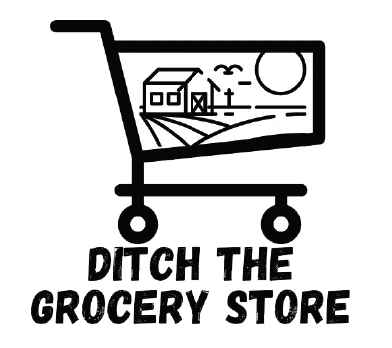Where do your eggs come from?
Have you ever wondered, where do your eggs come from? Breakfast is the most important meal of the day, we've been told. Eggs are a healthy staple of breakfasts around the world. You want to start your day with a healthy breakfast. You want the freshest, healthiest egg possible to start your day. But not all eggs are created equal.
So where do YOUR eggs really come from? There are so many buying choices. It can be confusing! Which one is right for you? Let's explore the different places where eggs come from and the different categories you see in the store. This will help you decide where your eggs should come from and buy the right eggs for you.
Before we get started, why not sign up for my 5-day farm animal challenge? You can find out if owning farm animals is right for you and what animals are best for your homestead.
Inexpensive Grocery Store Eggs
The eggs that come from grocery stores, big box stores, and even convenience stores are your basic factory farm eggs. Most likely these chickens are packed into huge barns and fed conventional feed. I am not saying they are necessarily mistreated. I do not make assumptions about farmers without seeing their operations. Factory farms are highly regulated, therefore do not be too quick to judge the farmer. Without seeing the operation it is also hard to say whether or not the chickens are kept in individual cages or walk freely through the barns. However, the eggs you buy from the grocery store are going to have pale yellow yokes because the chickens are eating only grain and not seeing the light of day.
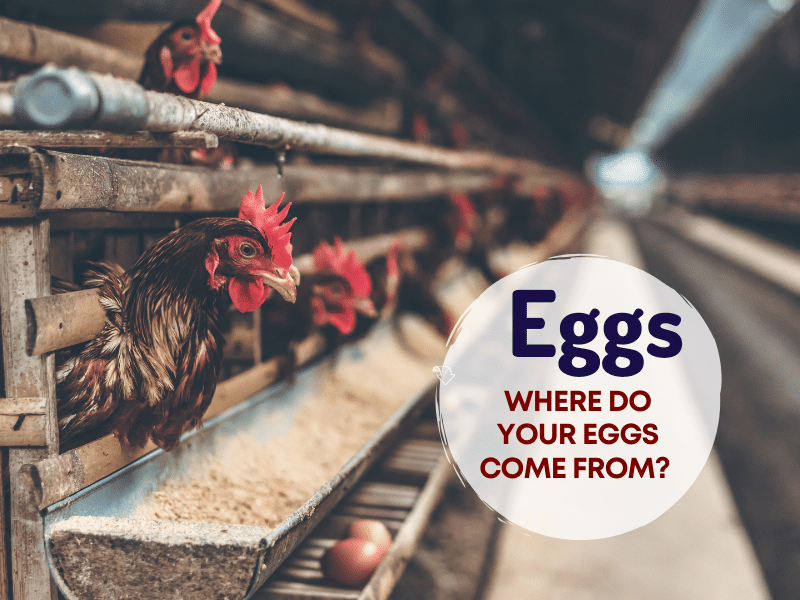
Organic Eggs
Organic eggs are usually factory-farm eggs. But the chickens have been fed organic grain instead of conventional feed. This is probably the only difference. The chickens are still packed in huge barns and fed only organic grain. However, the price tag is much more because raising organic feed is much more expensive than conventional feed.
Cage-Free Eggs
Cage-free eggs are also much like factory farm eggs. It simply means that the chickens are not in cages. They are still in sheds or barns. In a large farm setting, chickens really need to be kept indoors to be protected from predators. All chickens should at least be cage-free. However, I think as consumers when we see cage-free, we may think of free-range. But free-range chickens are different.
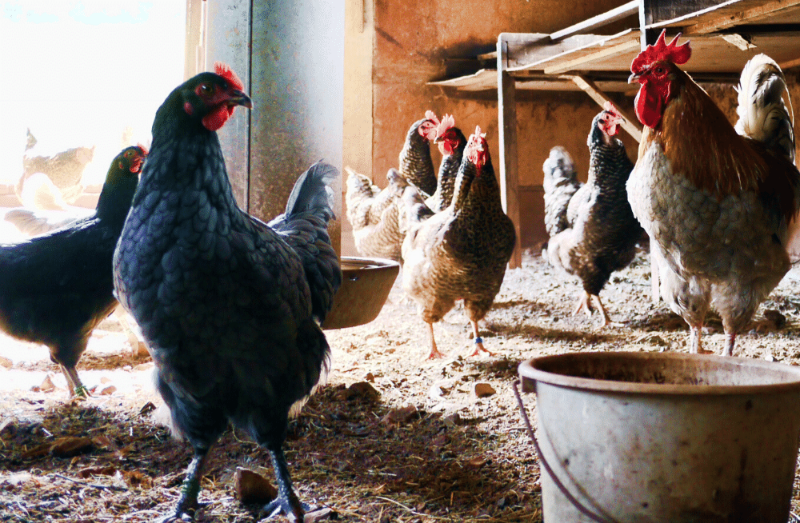
Free-Range Hens
Free-Range eggs come from chickens who are allowed to go outdoors and eat grass, bugs, etc. If you are able to find free-range eggs, the yolks will be a dark, golden color rather than pale yellow. The shells will be stronger. The sun and green food the chickens eat produce a beautiful egg, that will look and taste better. If you can afford it, free-range eggs are the best eggs to buy whether or not they are organic!
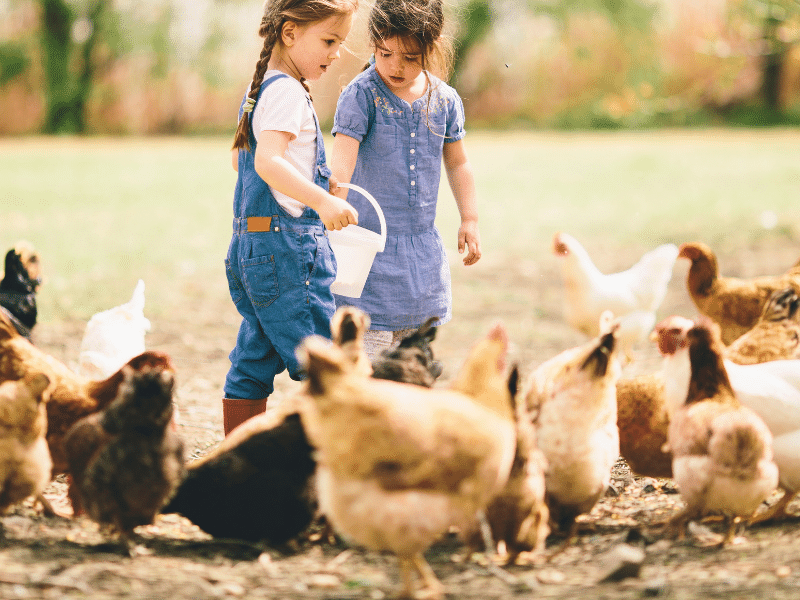
Where can you find free-range eggs?
Farmer's Market Eggs
Depending on where you live, probably the easiest place to find free-range eggs is at the farmers' market. However, you should ask some questions before you purchase the eggs.
- Are these eggs from your chickens?
- Are the chickens free-range?
- What do you feed your chickens?
Farm Eggs
Finding your own farmer to buy eggs from is even better than farmer's market eggs for 3 reasons.
- You can see the farm
- The eggs will be cheaper
- You are supporting a local farmer without the middleman.
But how do you find a local farmer to buy eggs from?
- Ask your friends and family - Perhaps other food conscience friends and family have a source of local eggs
- Look for roadside signs - sometimes you can find a source by simply seeing a sign for fresh eggs.
- Look on Facebook or Craigslist - there are many community pages on Facebook where farmers connect with consumers. Check your local Facebook community pages.
Homegrown Eggs
You are now informed about the different types of eggs. In reality, homegrown eggs are the best choice. You can grow your own eggs! It is not that hard to keep chickens! In fact, it is fun and rewarding. People are keeping backyard chickens around the country and around the world. You can too! You can read more about keeping your own chickens. There are a few questions to ask yourself before buying chickens for your farm.
How do you Build Egg Independence in 5 Easy Steps?
The chart below shows you how you can build your egg independence one step at a time. Egg independence may seem like a small thing, but learning to keep hens that lay eggs is actually a huge step in food self-sufficiency. Start by switching from cheap factory eggs to buying free-range eggs. From there you can reduce your egg miles by purchasing eggs from the farmers' market. The next step is to find a local farmer nearby. Finally, you can purchase your own hens and walk out to your backyard to collect eggs laid on your own property. You will be amazed at how good it feels and how independent you feel with just a few of your own hens who lay their own eggs!
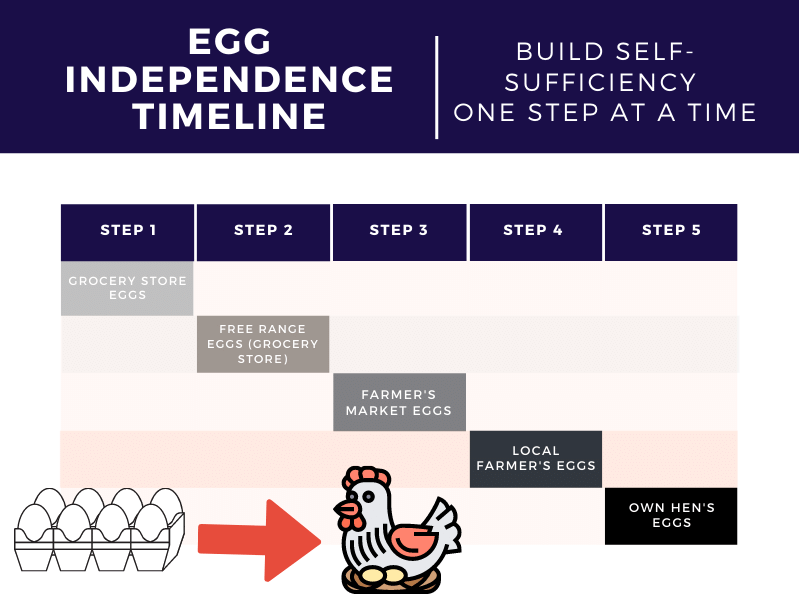
Are you dreaming of moving to your own homestead where you can raise your own chickens and maybe even other animals? Check out my 5-day farm challenge and take the first step to food independence. Laying hens are the first animal in the challenge!
